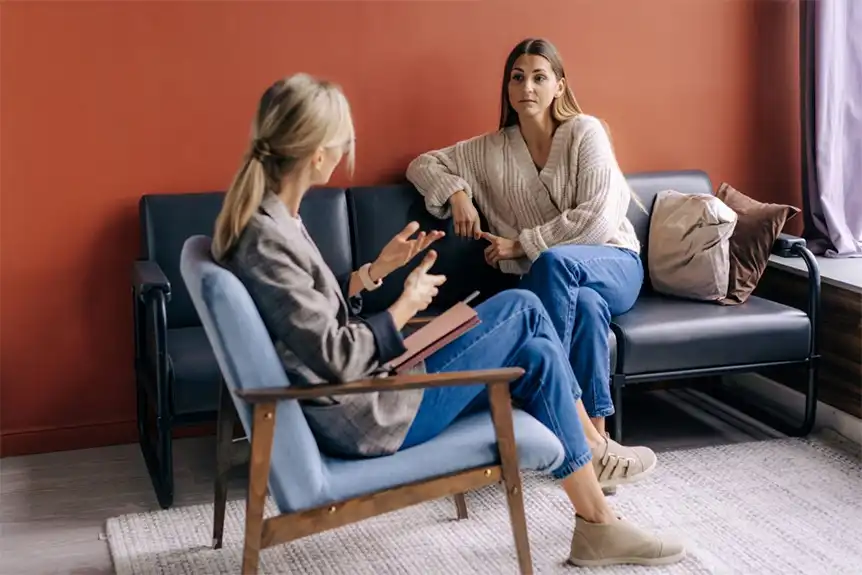24/7 Helpline:
(866) 899-221924/7 Helpline:
(866) 899-2219
Learn more about PTSD Rehab centers in Hawaiian Gardens
PTSD Rehab in Other Cities

Other Insurance Options

Health Partners

Choice Care Network

Ambetter

Evernorth

Holman Group

WellPoint

Optima

CareSource

Covered California

BHS | Behavioral Health Systems

MHNNet Behavioral Health

Health Choice

Access to Recovery (ATR) Voucher

Health Net

Sliding scale payment assistance

Aetna

Carleon

Magellan

United Health Care

Ceridian

Hawaiian Gardens Medical & Mental Health
Hawaiian Gardens Medical & Mental Health is a private rehab located in Hawaiian Gardens, CA. Hawaiia...











